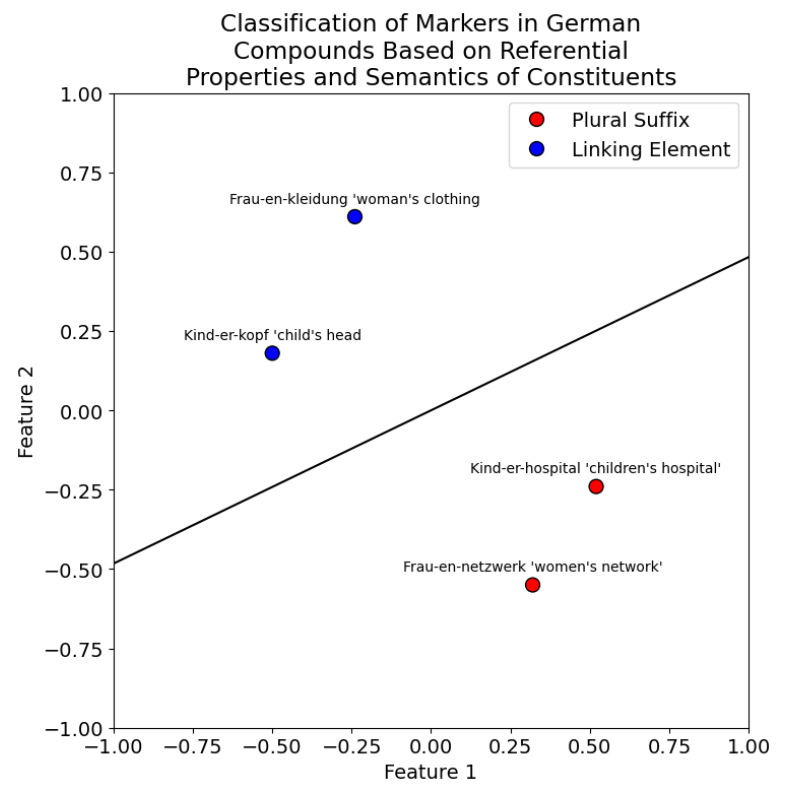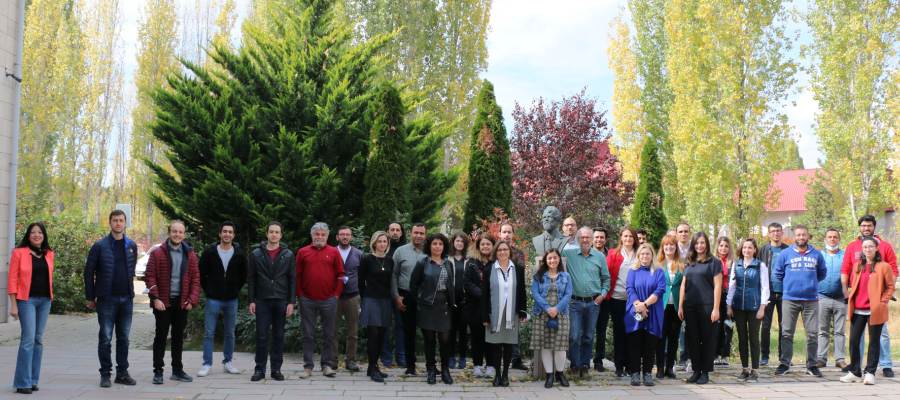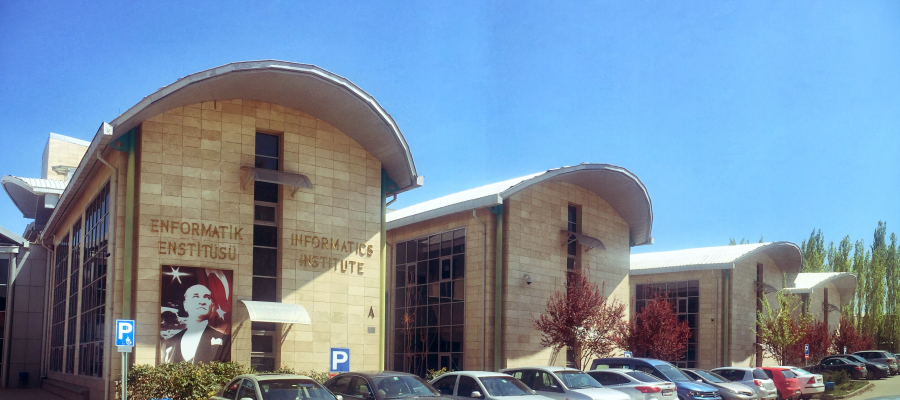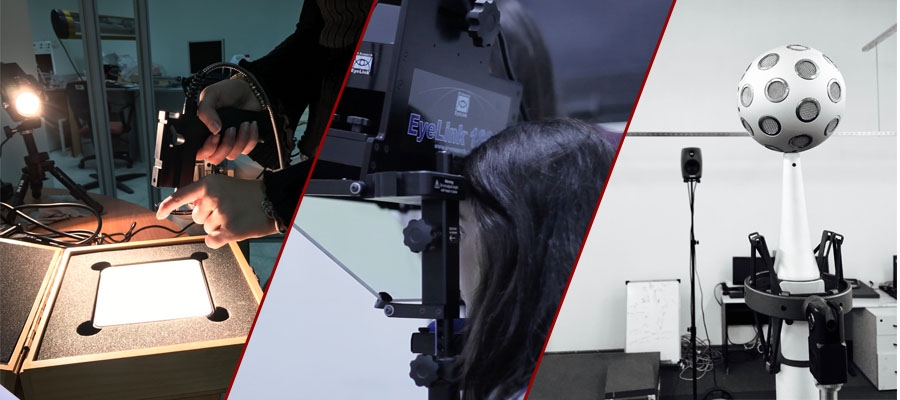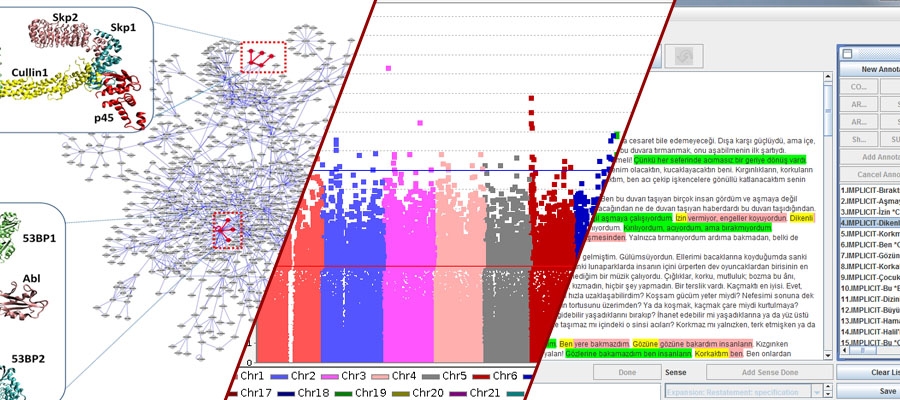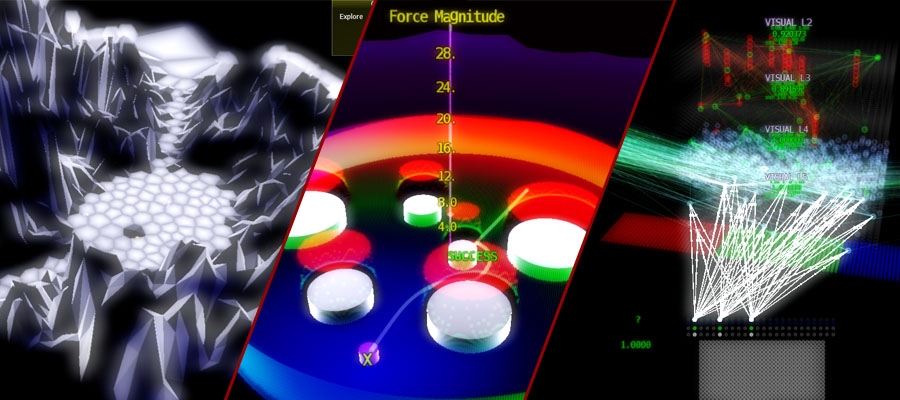Announcements
Research News
The most interactive field of digital transformation is data science, as it entails a longtime active collaboration among multiple partners. Data scientists seek domain expertise to understand the structure and environment of the data while business users take pains with concepts to exploit analytical solutions. This thesis presents the conceptual design and implementation of CoDS (Collaborative Data Science Framework) as a knowledge management system on which business and data details, modeling procedures, and deployment steps are shared. It mediates and scales ongoing projects, enriches knowledge transfer among stakeholders, facilitates ideation of new products, and supports the onboarding of new developers.
Date: 06.06.2024 / 11:00 Place: II-06
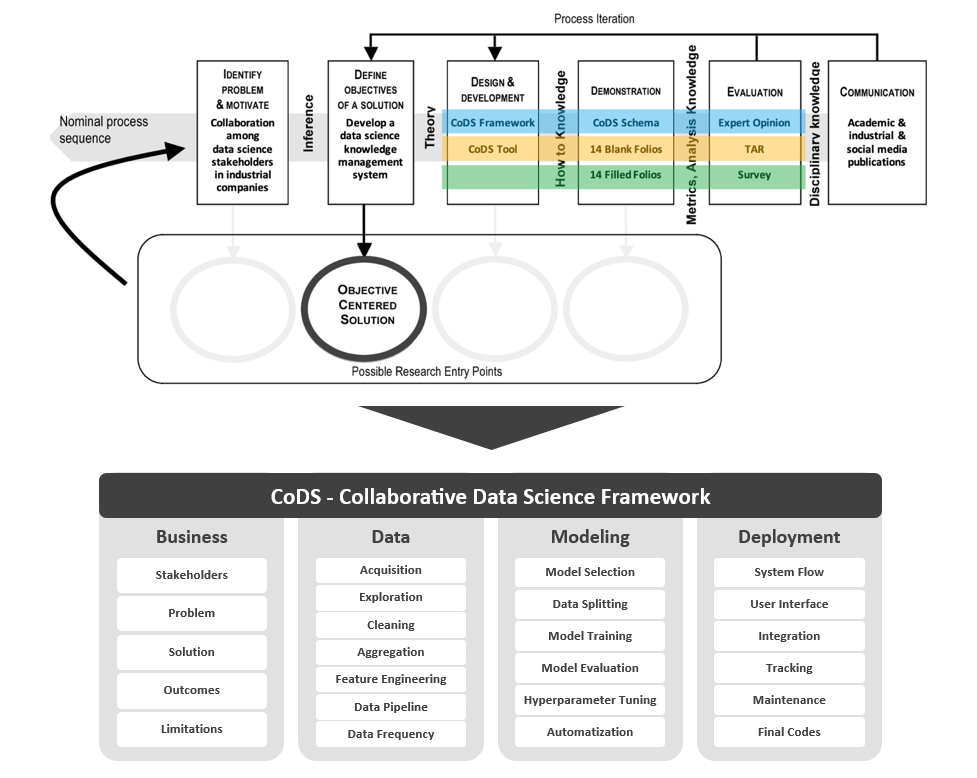
This study examines infrastructure issues and system malfunctions in Cloud Computing systems exacerbated by the COVID-19 pandemic, which acts as a stress test due to increased demand. It is argued that task scheduling algorithms are the main source of these problems. Post-pandemic Cloud Computing task scheduling algorithms were systematically reviewed and analyzed using the Meta-Synthesis method. A global categorization schema for these algorithms was presented, comparing their advantages, disadvantages, applications and vulnerabilities. Current task scheduling approaches and trends in Cloud Computing were analyzed comparatively.
Date: 27.05.2024 / 13:30 Place: B-116

The study aimed to understand the impact of IT governance mechanisms on IT agility. Results indicated that relational IT governance mechanisms significantly enhance IT agility, unlike structures and processes, which were not significant. Relational mechanisms involve top management support, cross-functional training, and a clear IT role within the firm, fostering mutual understanding and integration between IT and business units. While structures and processes are essential for compliance, they may not independently achieve agility. Future research should investigate how these formal mechanisms enable or inhibit agility. Additionally, a hybrid IT governance model may balance centralization and decentralization, offering both efficiency and flexibility.
Date: 22.05.2024 / 13:00 Place: A-212
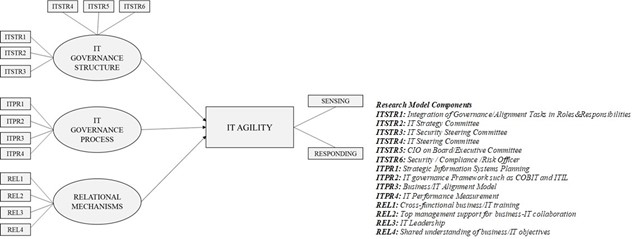
This thesis aims to make experimental studies on malware family classification using deep learning algorithms. A new dataset called MamMalware which is publicly available and has 450K labeled malware was created within this study. Samples in dataset were translated into gray-scale image files, and the opcode sequences were also extracted. Image files and opcode sequences were used as input. Then 2 and 3 layered Convolutional Neural Networks (CNN) experiments were applied on MamMalware dataset. In addition, experiments using the transfer learning methods with ResNet152 and VGG19 pretrained models were conducted. As a result, the transfer learning models obtained the best results with 94% test accuracy.
Date: 17.05.2024 / 11:00 Place: A-212

Compounding is one of the known ways of word formation. It is also a productive way of word formation in German (Neef, 2009). Compounding in German makes use of some markers, mostly called linking elements, between the constituents, and this phenomenon is highly common. Whether these markers have any meaning or what primary functions they have are seemingly highly controversial. In this study, we suggest that the close relation between meaning and reference on the one hand and categorization on the other can be explored computationally in distributional properties of these markers which are difficult to identify analytically.
Date: 22.04.2024 / 09:00 Place: B-116
